The United States has intensified its campaign to curb Iran’s energy revenues announcing sweeping sanctions on more than 50 individuals, companies and vessels tied to the export of Iranian oil and liquefied petroleum gas (LPG).
The move, unveiled by the Department of the Treasury’s Office of Foreign Assets Control (OFAC), aims to dismantle what officials describe as a vast network enabling billions of dollars in illicit petroleum sales — a system that relies heavily on Chinese and regional intermediaries.
“The Treasury Department is degrading Iran’s cash flow by dismantling key elements of Iran’s energy export machine,” Treasury Secretary Scott Bessent said.
The latest measures target firms spanning Asia including shipping operators, offshore terminals and a major crude import facility in China that has long served as a critical outlet for Iranian oil.
Focus on China’s role in Iran’s oil exports
A central focus of the new sanctions is the Rizhao Shihua Crude Oil Terminal, located on China’s eastern coast.
The facility, capable of handling up to 56 million tonnes of crude oil annually — equivalent to more than one million barrels per day — has been identified as a major receiver of Iranian crude that ultimately feeds into Chinese refineries.
The terminal is jointly owned by Sinomart KTS Development, a subsidiary of Sinopec Kantons Holdings, which in turn is majority controlled by Sinopec Kantons International Limited, a unit of China’s state-run oil giant Unipec.
The inclusion of the Rizhao terminal in the sanctions list signals Washington’s readiness to challenge even quasi-state Chinese entities that may facilitate Tehran’s oil exports, testing the boundaries of US-China economic relations at a sensitive moment.
Impact Shorts
More ShortsThe targeting of Rizhao Shihua shows Washington’s frustration that Chinese refiners — both state and private — continue to absorb Iranian oil, often disguised through ship-to-ship transfers or rebranded as originating from other countries.
Indian nationals among those sanctioned
The sanctions also extend beyond China, implicating individuals and entities in India, the Marshall Islands and Pakistan that the Treasury says have helped facilitate shipments of Iranian petroleum and LPG.
Among those designated are Indian nationals Varun Pula, Soniya Shrestha and Iyappan Raja, accused of operating shipping firms and vessels that have transported millions of barrels of Iranian-origin fuel to Asian buyers, The Economic Times said in a report citing ANI.
According to OFAC, Pula owns Bertha Shipping Inc., based in the Marshall Islands, which operates the Comoros-flagged vessel PAMIR. The ship has reportedly carried nearly four million barrels of Iranian LPG to China since July 2024.
Raja, another Indian national, owns Evie Lines Inc., which operates the Panama-flagged SAPPHIRE GAS, responsible for over one million barrels of Iranian LPG deliveries to China since April 2025.
Meanwhile, Shrestha’s Vega Star Ship Management Private Limited, based in India, manages the Comoros-flagged vessel NEPTA, which has delivered Iranian LPG to Pakistan since early 2025.
All three individuals have been sanctioned under Executive Order 13902, which authorises penalties for those involved in the Iranian energy, shipping or financial sectors.
Treasury: Disrupting Iran’s ‘shadow fleet’
The Treasury’s statement emphasised that the targeted network relied on a fleet of “shadow” tankers — ships that frequently change names, flags and ownership to mask the origin of their cargoes.
These tankers, together with offshore terminals and complex financial intermediaries, have enabled Tehran to maintain oil exports despite a web of international restrictions.
By sanctioning these entities, the US seeks to cut off revenue streams that fund what it describes as Iran’s destabilising regional activities and support for terrorist groups.
“Under President Trump, this administration is disrupting the regime’s ability to fund terrorist groups that threaten the United States,” Bessent said.
The Treasury’s measures freeze all US-based assets of the designated individuals and companies and prohibit any US person or business from engaging in transactions involving them.
Entities owned 50 per cent or more by one or more sanctioned parties are also automatically blocked.
Broader geopolitical implications
The sanctions come amid rising geopolitical friction as Washington tries to limit Iran’s regional influence while also managing an increasingly strained relationship with Beijing.
China remains the largest importer of Iranian crude, often purchased at steep discounts through opaque intermediaries.
Path to sanctions relief
While the Treasury has framed the move as part of a broader strategy to “change behaviour,” it emphasised that sanctioned entities can petition for removal if they cease prohibited activities.
The department reiterated that the ultimate objective of sanctions is not punishment, but to bring about compliance with international norms governing Iran’s nuclear and regional conduct.
However, with Iran’s energy exports still finding their way to Asian markets and China showing limited appetite for enforcement, Washington’s latest designations signal that the struggle to stifle Tehran’s oil revenues — and their geopolitical implications — is far from over.


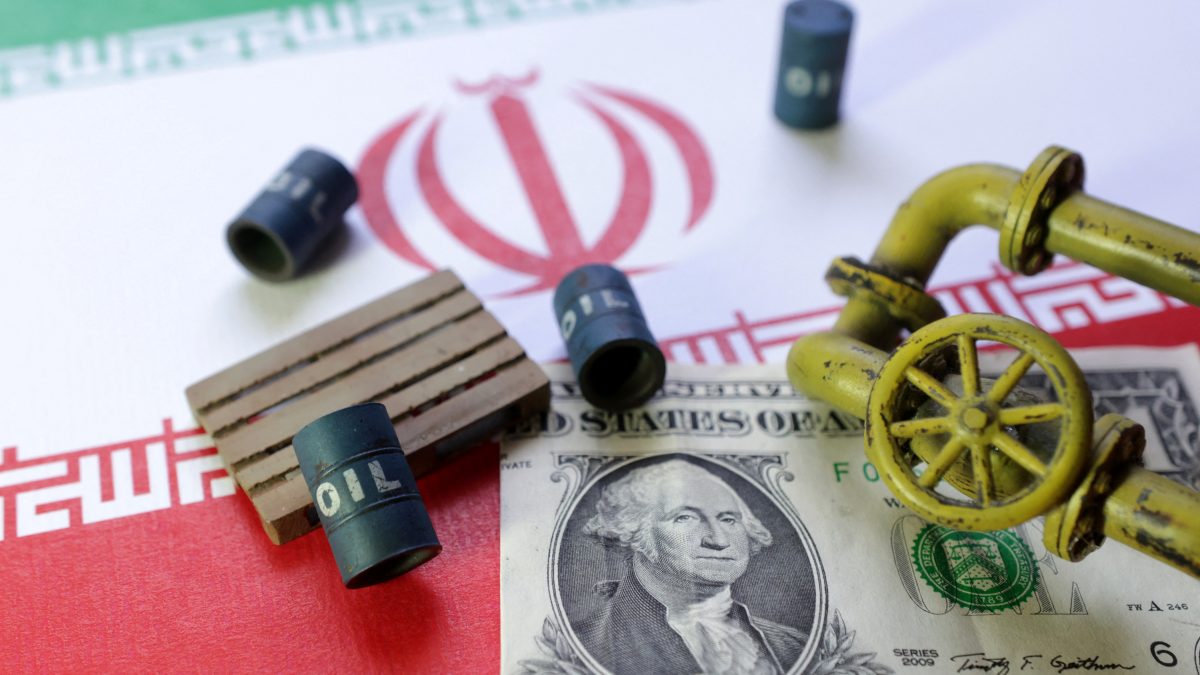)

)
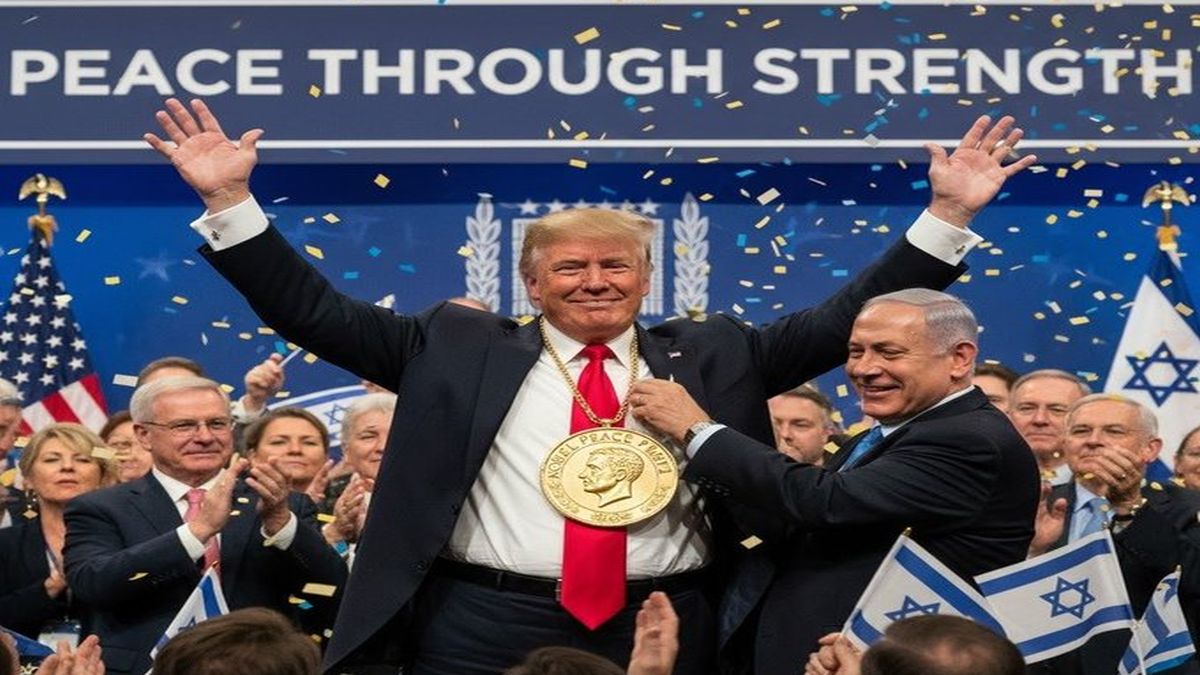)
)
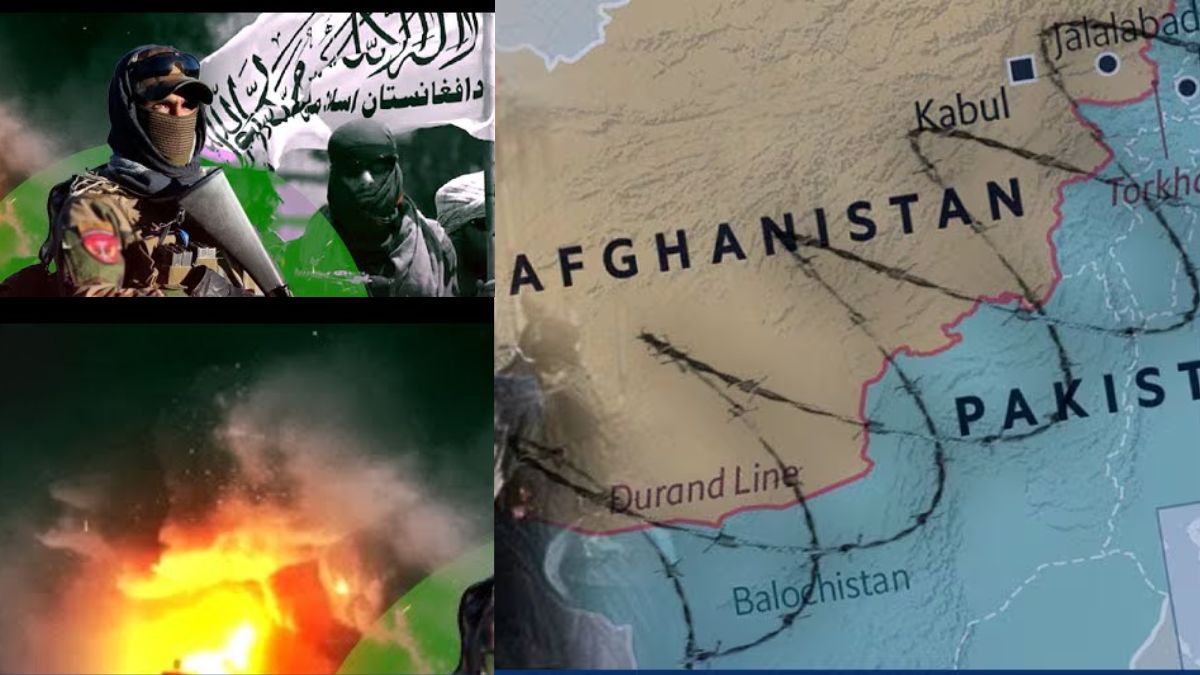)
)
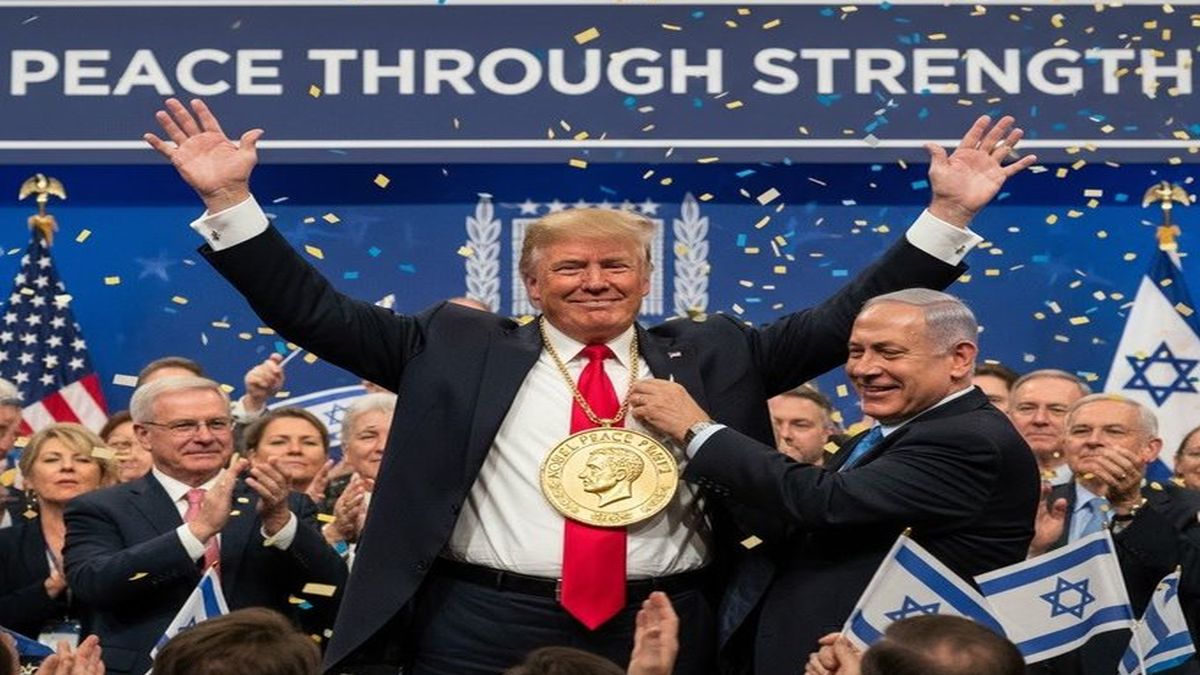)
)
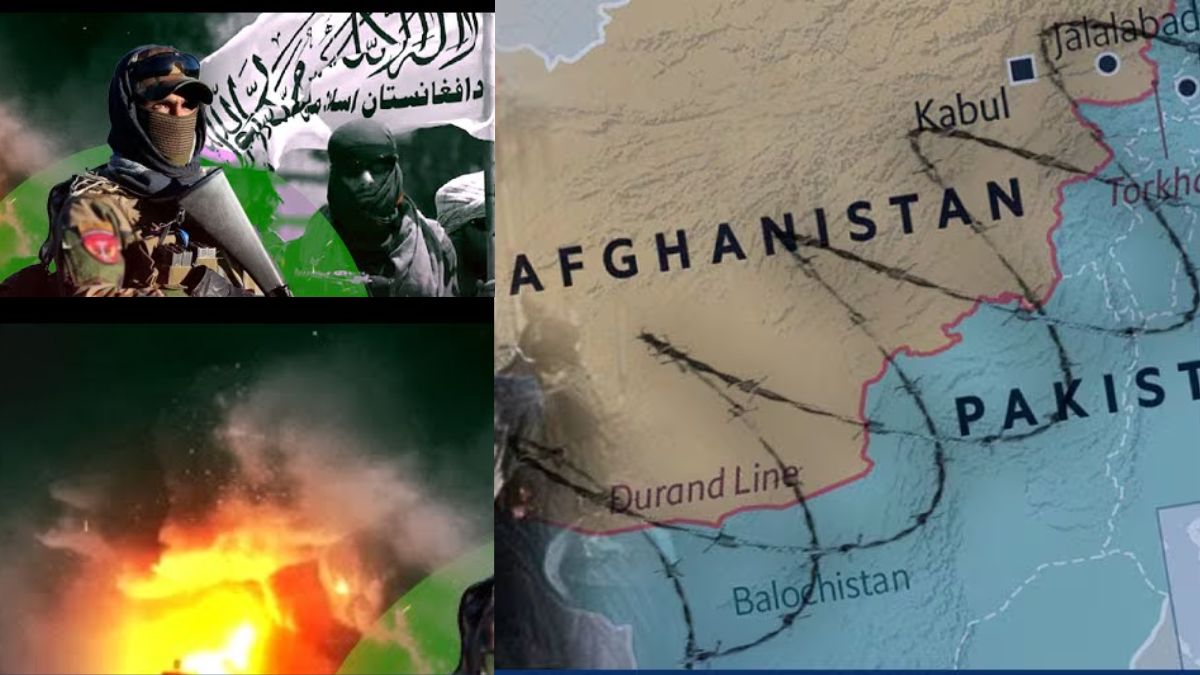)



